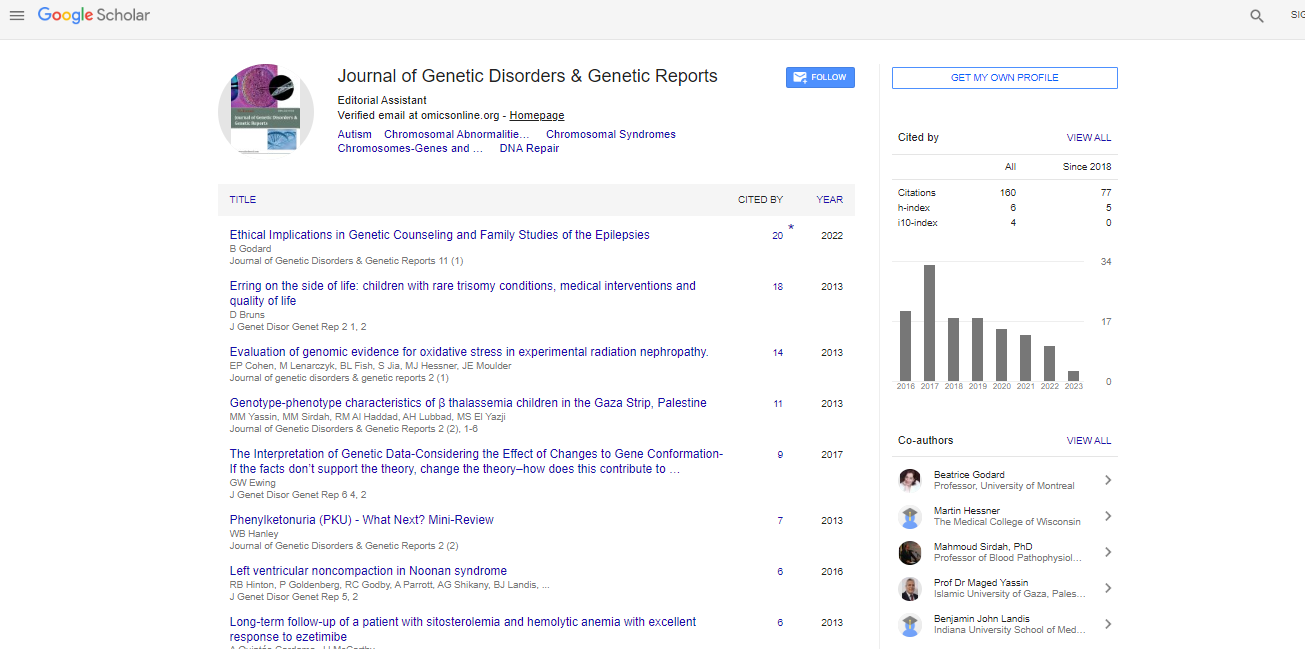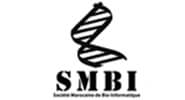Research Article, J Genet Disor Genet Rep Vol: 9 Issue: 2
Novel Homozygous Variant of TBC1D8 Gene in Four Libyan Siblings with Autistic Spectrum Disorder and Intellectual Disability without Epilepsy
Abstract
Introduction: A global prevalence of Autistic Spectrum Disorder (ASD) was estimated on review of epidemiological studies and has been found to be increasing. Advancements in genetic analysis have provided the ability to identify potential genetic changes that may contribute to ASD. TBC1D8 (TBC1 Domain Family Member 8) is a Protein Coding gene. Among its related pathways is cell cycle. The number of genes associated with autism is increasing. Whole exome sequencing (WES) identified the homozygous TBC1D8 variant.
Aim: To report for the first time a TBC1D8 missense variant (c. 1883G>A, p. (Arg628Gln) in 4 Libyan children (3 homozygous, 1 heterozygous)with severe neurodevelopmental phenotypes (ASD) and intellectual disability (ID). Based on the data of HGMD and ClinVar, variants in only a few autosomal recessive intellectual disability (ARID) genes seem to be reported frequently. None of the large ARID studies that were performed on over 100 families showed any particularly prevalent gene in ARID.
Method: Molecular genetic analysis of (WES) was carried out on blood samples from these children. The results were interpreted in the context of clinical finding, family history, and suspected mode of inheritance.
Results: The number of genes associated with autism is increasing. WES identified the TBC1D8 variant. According to the longest isoform (NM_001102426.1), the nomenclature of this variant is c.1883G>A, p. (Arg628Gln) in TBC1D8 which leads to an amino acid exchange. This variant has not previously reported or described in the literature (PubMed, HGMD).
Conclusion: We have provided evidence for a connection between TBC1D8 variant and ASD and ID; however, this evidence should be considered preliminary in the context of a single case report and such findings need to be replicated to gain insightin order to determine if ASD and ID are a characteristic of this variant.
 Spanish
Spanish  Chinese
Chinese  Russian
Russian  German
German  French
French  Japanese
Japanese  Portuguese
Portuguese  Hindi
Hindi 



